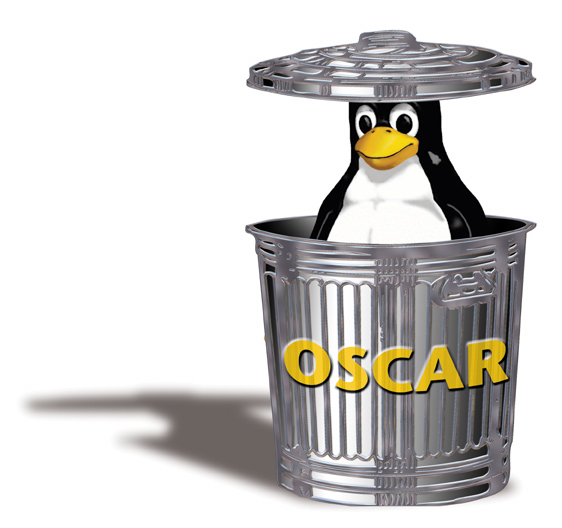Documentations > Developer Documentations > OSCAR infrastructure
Development Documentation > Command Line Interface
Command Line Interface
This Command Line Interface (CLI) for the OSCAR installer was written to facilitate faster and easier testing. It also allows automation of cluster installation and makes recreating a cluster identical to a previous install very easy. Most of the code to run these steps are housed in src/cli/ with the exception of the code to setup the networking which is in lib/OSCAR/MAC.pm. Also the top level installer install_cluster has been modified slightly so the user can use the command line installer.
As the installer runs, it writes a file with all the input the user gives that can be used to duplicate the install using the non-interactive installer.
To run the OSCAR installer in command line mode, run install_cluster --cli <interface>
If these flags are added, the script will run automatically:
Usage: install_cluster [OPTION] adapter
Starts the OSCAR install process.
By default, install_cluster uses the Graphical mode.
--cli Runs the program in command line mode.
--opkgselector file Passes the file into the selector stage of the install.
That stage will not ask for user input.
--buildimage file Passes the file into the build stage of the install.
That stage will not ask for user input.
--defineclients file Passes the file into the define clients stage of the install.
That stage will not ask for user input.
--networkclients file Passes the file into the setup network stage of the install.
That stage will not ask for user input.
--help Display this help and exit.\n";
Implementation Notes
Step 0: Download Packages - Should be done with OPD command line.
Step 1: [Selector](Selector)
Step 2: [Configurator](Configurator)
[configurator.html changes](Configurator.html)
Step 3: [Install Server RPMs](InstallServer)
Step 4: [Build Client Image](Build)
Step 5: [Define OSCAR Clients](Define)
Step 6: [Setup Networking](SetupNetwork)
Step 7-8: [Complete and Test Cluster Setup](CompleteTest)
